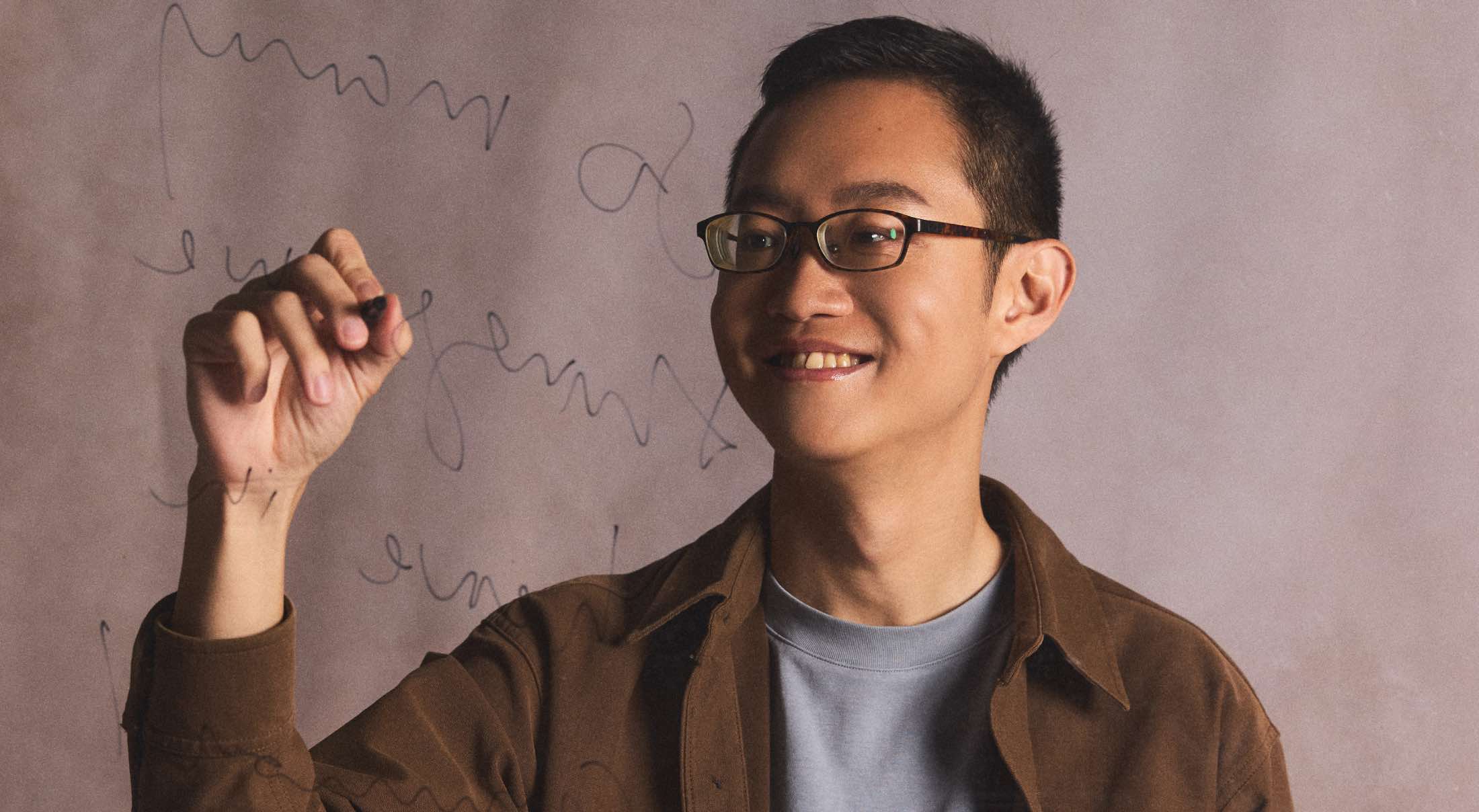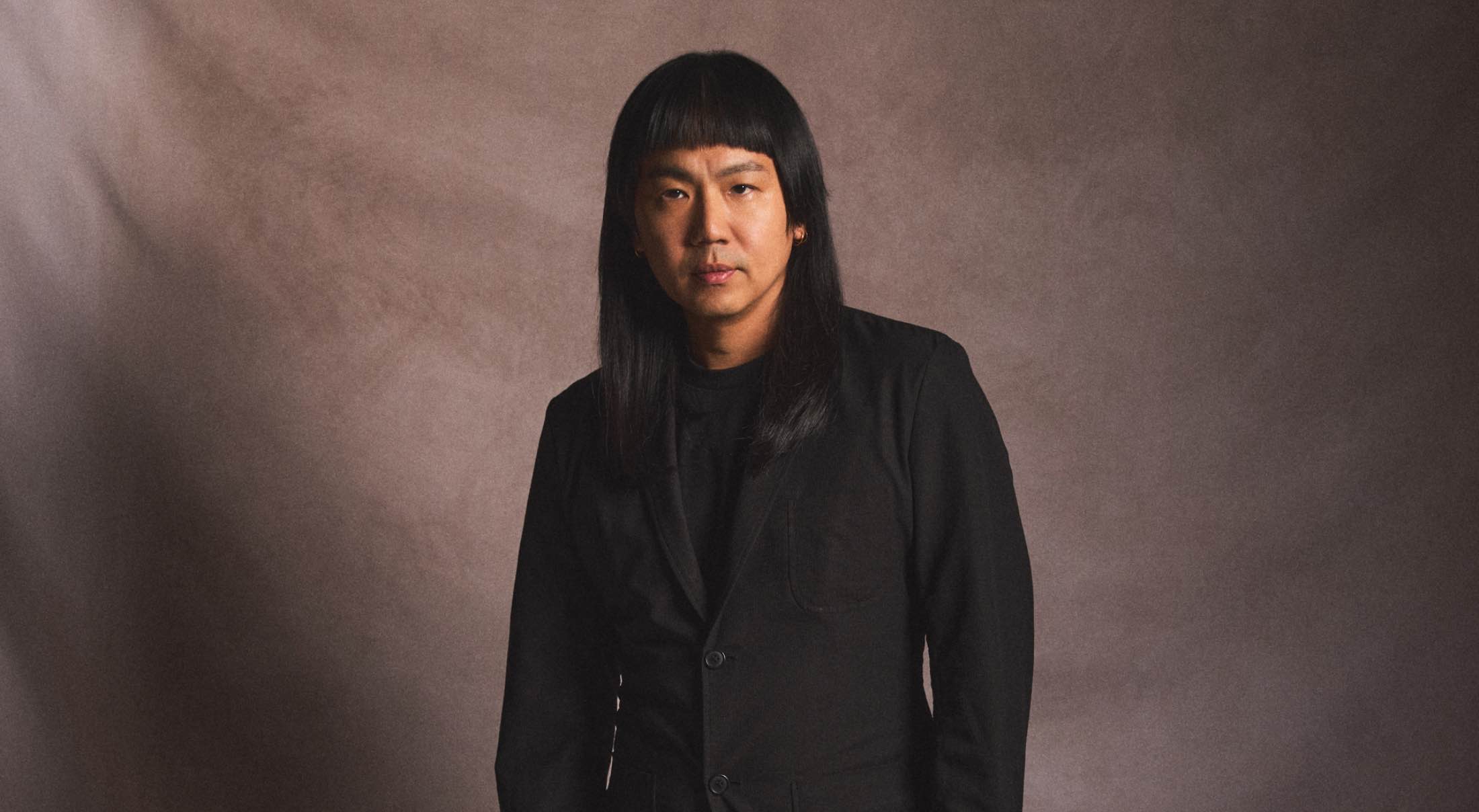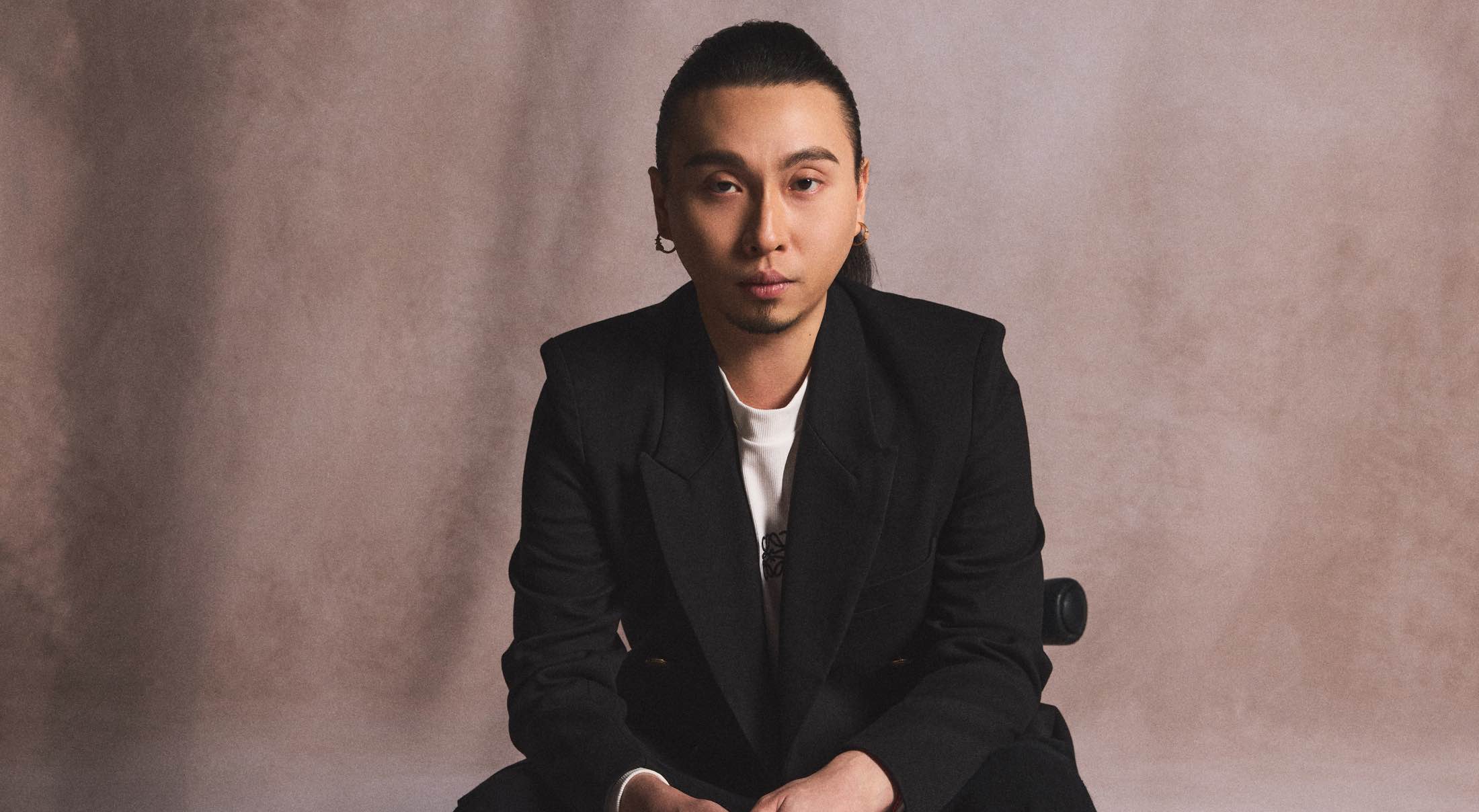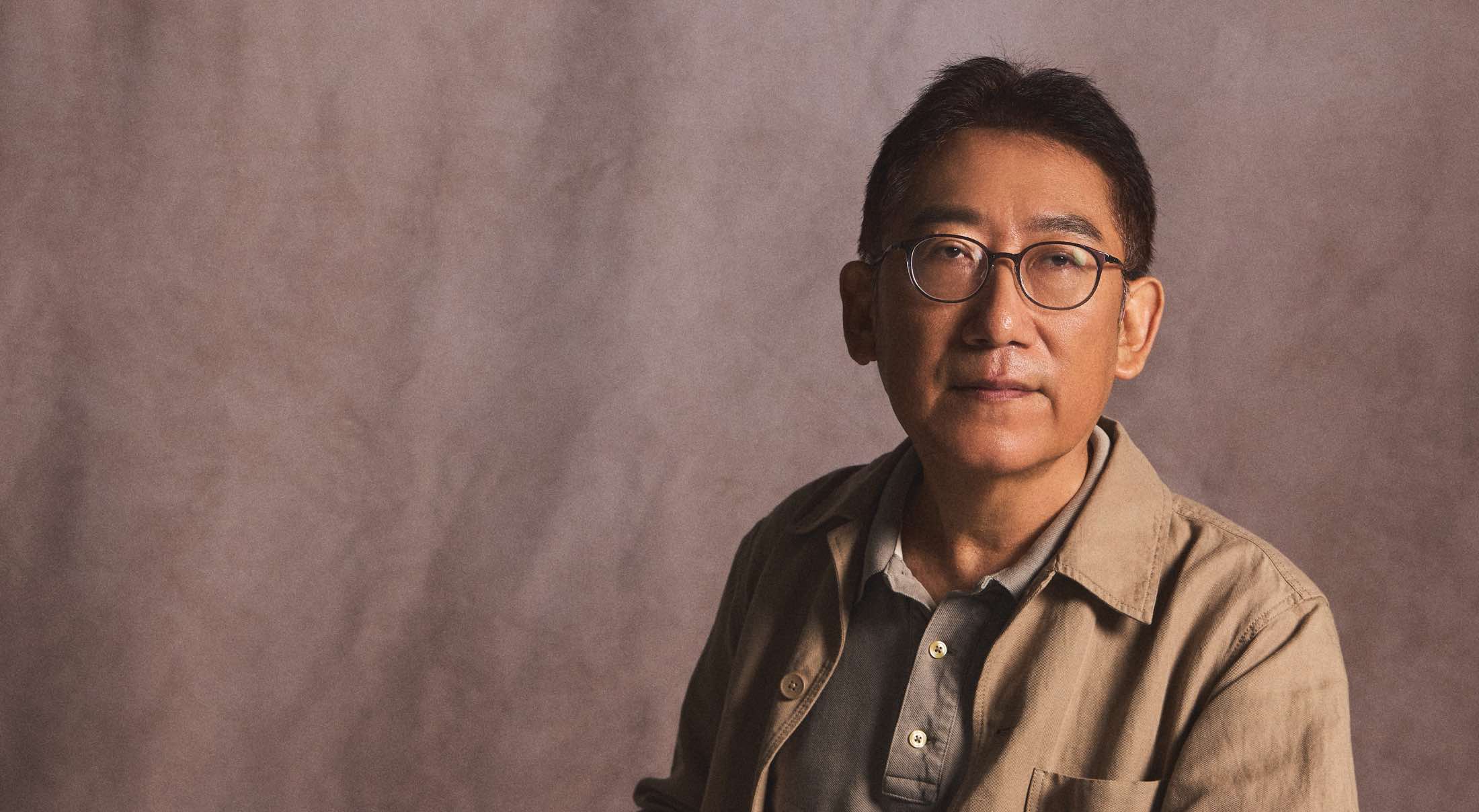“There will always be opportunities for your work to find its audience when it’s ready.” — Theophilus Kwek
“Prose evokes,” says Theophilus Kwek in his TEDx talk on the power of poetry. “Poetry invokes.”
At a time when the written word seems under siege from the rise of generative artificial intelligence, Kwek—who is author of five acclaimed poetry collections and the recipient of accolades ranging from Forbes 30 Under 30 to the Cikada Prize in 2023—remains convinced that poetry and literature will continue to hold space for beauty, expression, and critique in contemporary society.
That conviction runs through his work, which moves fluidly between the personal and the political. In collections exploring themes of migration, displacement, and memory, Theophilus Kwek brings together the sweep of history with the texture of lived experience.
Beyond his writing, he has worked as a translator and editor, amplifying voices across languages and borders. In all these roles, he urges readers to resist retreating behind walls and instead to practise empathy, make space for others, and build a sense of community.
How has your definition of success evolved?
As a younger writer, I spent a lot of time submitting my work to different publications and prizes, hoping to build up my track record as a poet. I still believe in the importance of putting my work out there, but with a different objective now: to connect with different readerships where they are and to test whether the concerns in my poems resonate with them.
What is one thing that needs to be talked about more in your industry?
I wish for a greater focus on teaching people how to read well. Many seem to think that reading is only about absorbing knowledge or skills, an ultimately consumerist attitude towards the written word. Sometimes, reading isn’t about you. A good reader learns to sit down and spend time with someone else’s perspective of the world. Good reading can be taught and I wish there were more platforms to do so.
What’s a belief that has fundamentally changed for you over the years?
I used to think that a writer was defined by the time and focus they put on their writing and how much they have to show for it. These days, I tell my students that the fact that you aren’t writing at any given point doesn’t make you any less of a writer. All writers experience long stretches where nothing is written; life gets busy or sometimes words don’t seem fit for the task of dealing with whatever we’re going through. But that’s fine.
How do you tread the line between ambition and well-being?
I always tell myself that there is no such thing as a once-in-a-lifetime opportunity. Even if you have to forgo something to take care of yourself or those around you, the window—or something similar—will roll around again as long as you keep doing what you’re doing. And if it doesn’t? Well, then it was an opportunity meant for someone else’s lifetime, not yours.
What’s a lesson you learnt the hard way?
As a younger writer, I was hungrier for publication and ended up putting my name to plenty of things I’m now not so proud of. I now encourage my students not to rush the process. There will always be opportunities for your work to find its audience when it’s ready.
What do you hope people say about you when you’re not in the room?
I hope they’ll think of me not as someone at the centre of events, taking up the limelight, but as someone in the crowd, cheering others on. I always seek opportunities for others to be their best selves and to showcase their best work.
Photography by Eugene Lee of Enfinite / Hair & Makeup by Sophia Soh of Suburbs Studio




